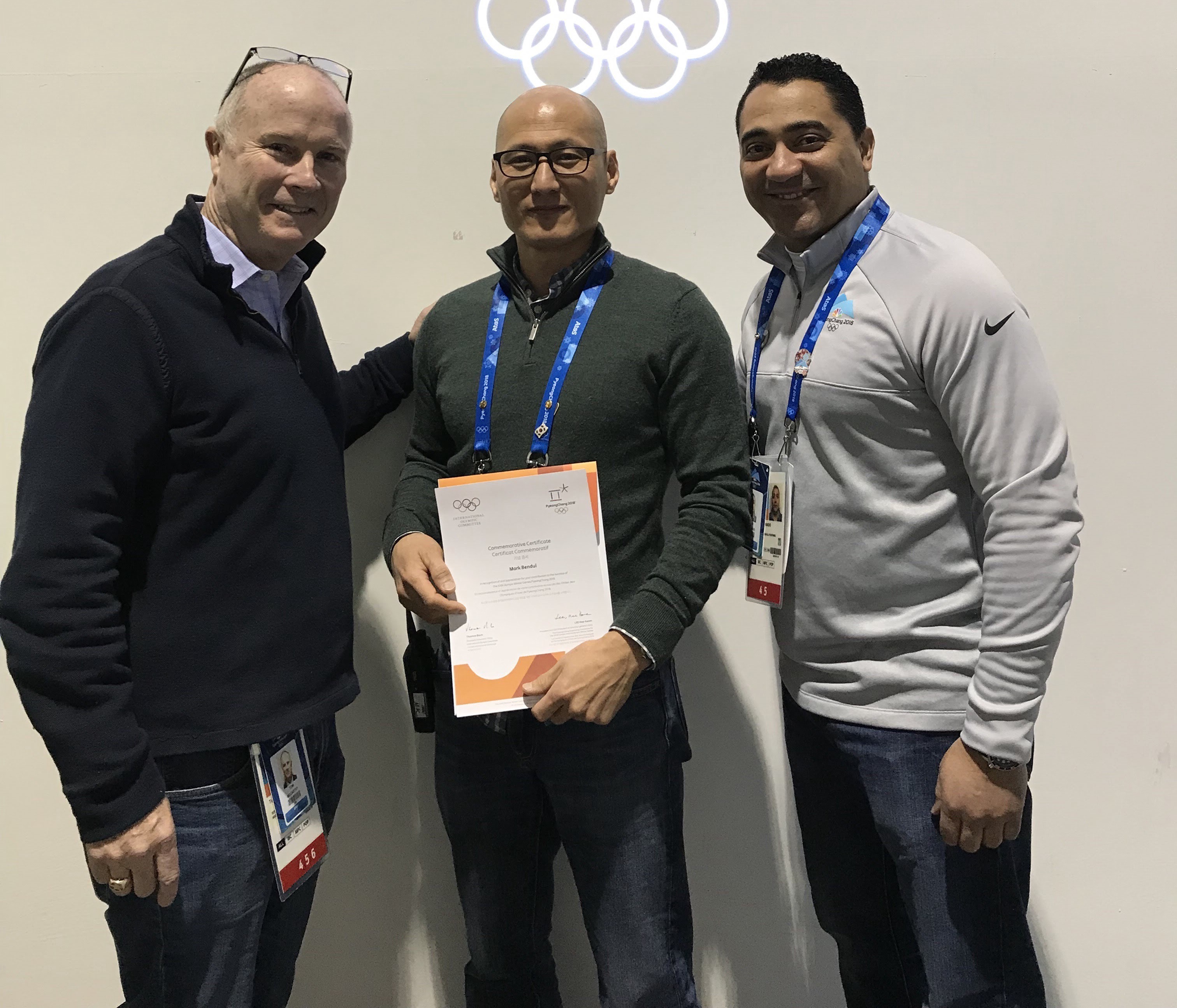A legacy-driven media platform documenting Korean excellence in culture, economy, and identity


One warm Friday in April, The M Magazine was introduced to Mark Bendul through a recommendation from Officer Min-Ki, a long-standing member of Bergen County law enforcement. “He has an amazing story,” said Officer Min-Ki—and indeed, that one sentence opened the door to a profound life journey. Mark Bendul, now retired and living a quiet life in Texas, once served as a decorated officer in Bergen County. Though we were unable to meet in person, our Zoom interviews—spanning two sessions due to the sheer depth of his story—revealed a man far warmer and more radiant than the typical “tough cop” stereotype. With a bright smile and kind eyes, Mark unfolded a narrative that resembled a film—rich with hardship, identity, resilience, and service.
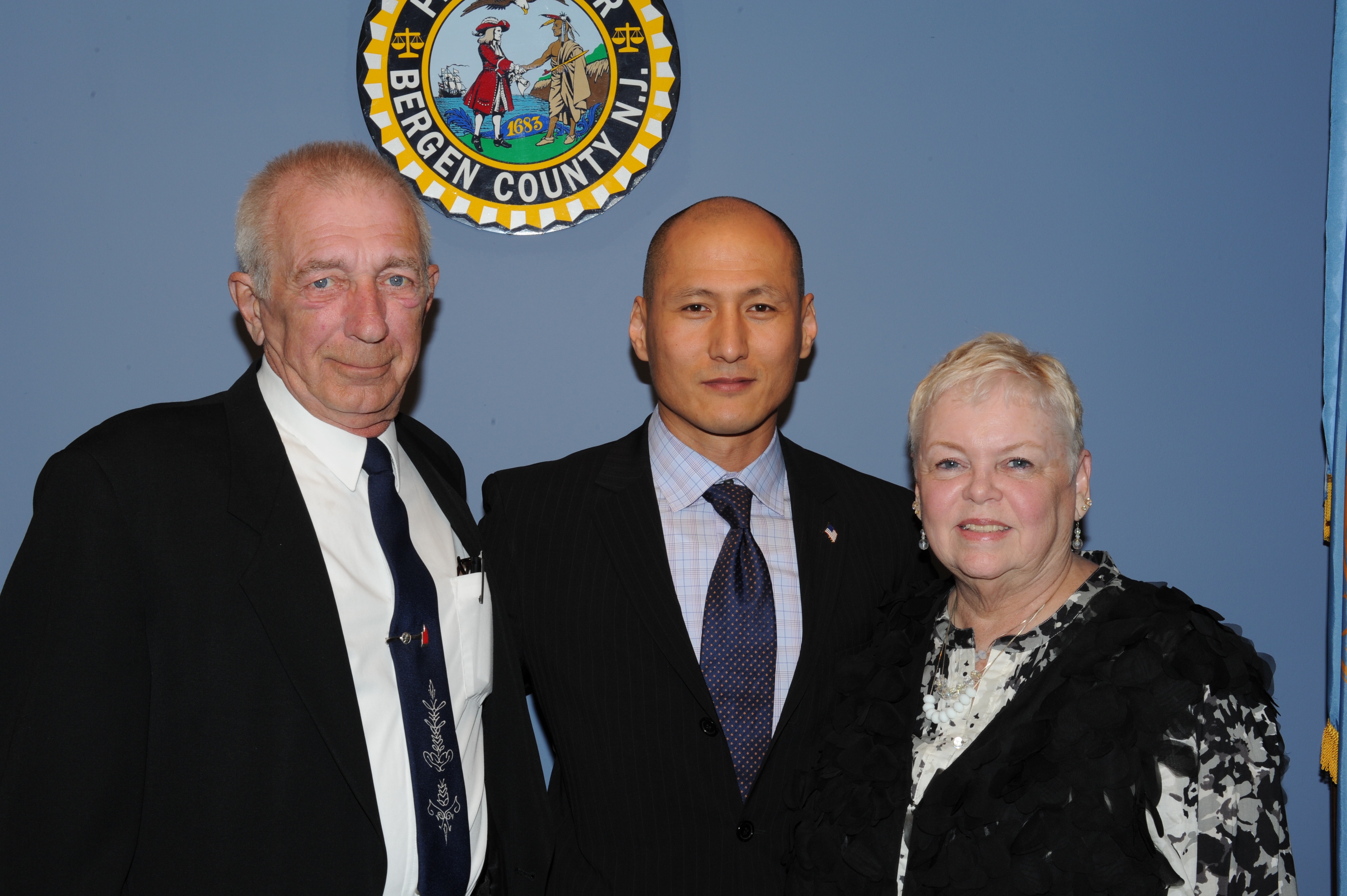
Mark’s life surpasses any singular title. Born in a rural village in 1960s Korea, he was orphaned by violence and tragedy, taken in by a Catholic orphanage with only months left before the adoption cutoff age of 14. A photograph of him and his brother, published by Welcome House, reached Patricia Bendul in NJ—who instantly believed they were meant to be her sons. Despite already having four children, the Bendul family fought tirelessly, with the help of Senator Bill Bradley, to bring them home. Mark arrived in the U.S. just two weeks shy of his 14th birthday. That first night, he and his brother played with plastic bowling pins in their new kitchen—a symbolic beginning to a new life.
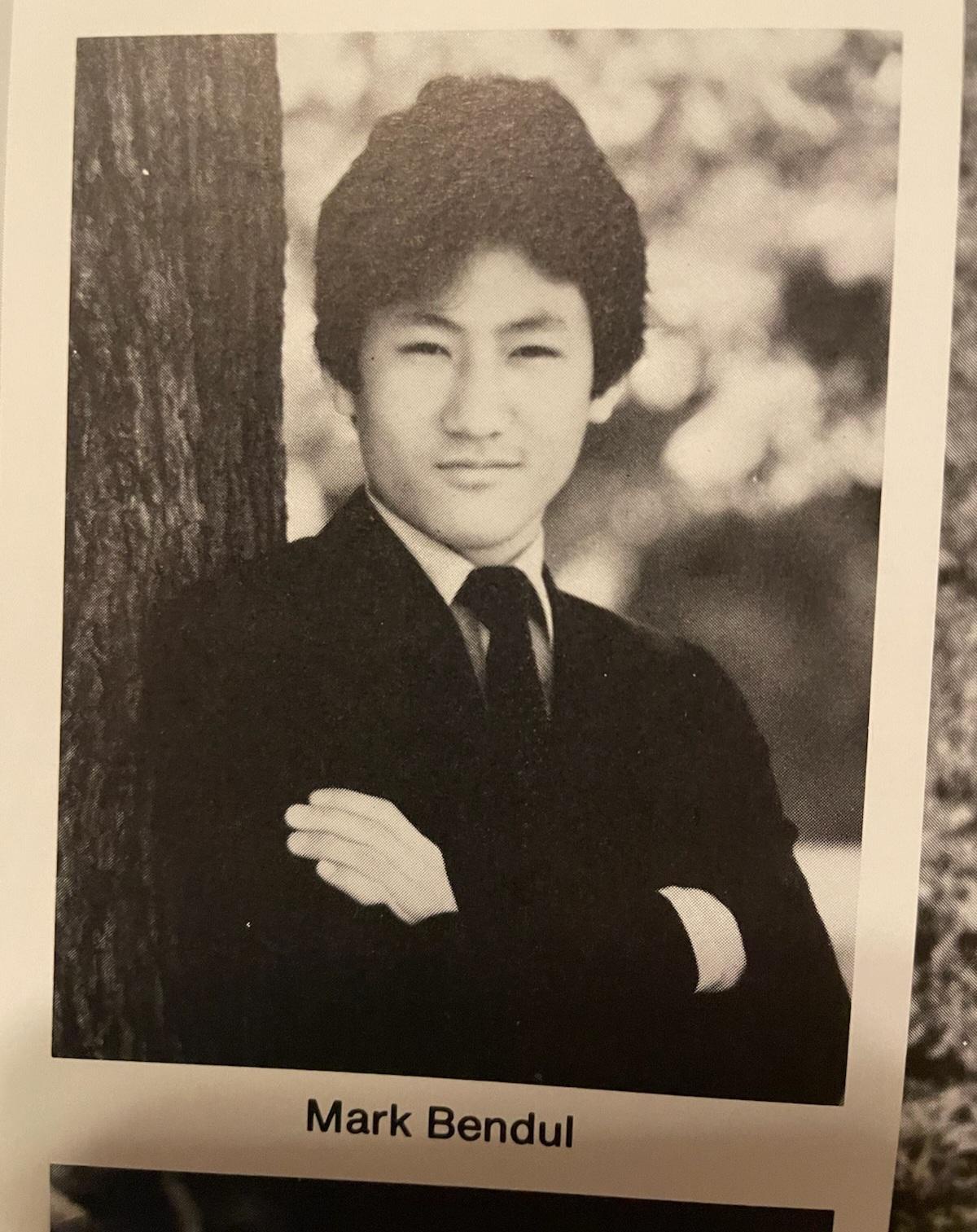
But assimilation into American life was complex. Raised in an an Irish-Polish white household in New Jersey, Mark struggled with identity. “Sometimes, I hated being Korean,” he recalls. The turning point came during his military service in Japan, where he encountered Korean culture once again. This reconnection transformed his self-perception: being Korean evolved from a source of shame into a pillar of pride.
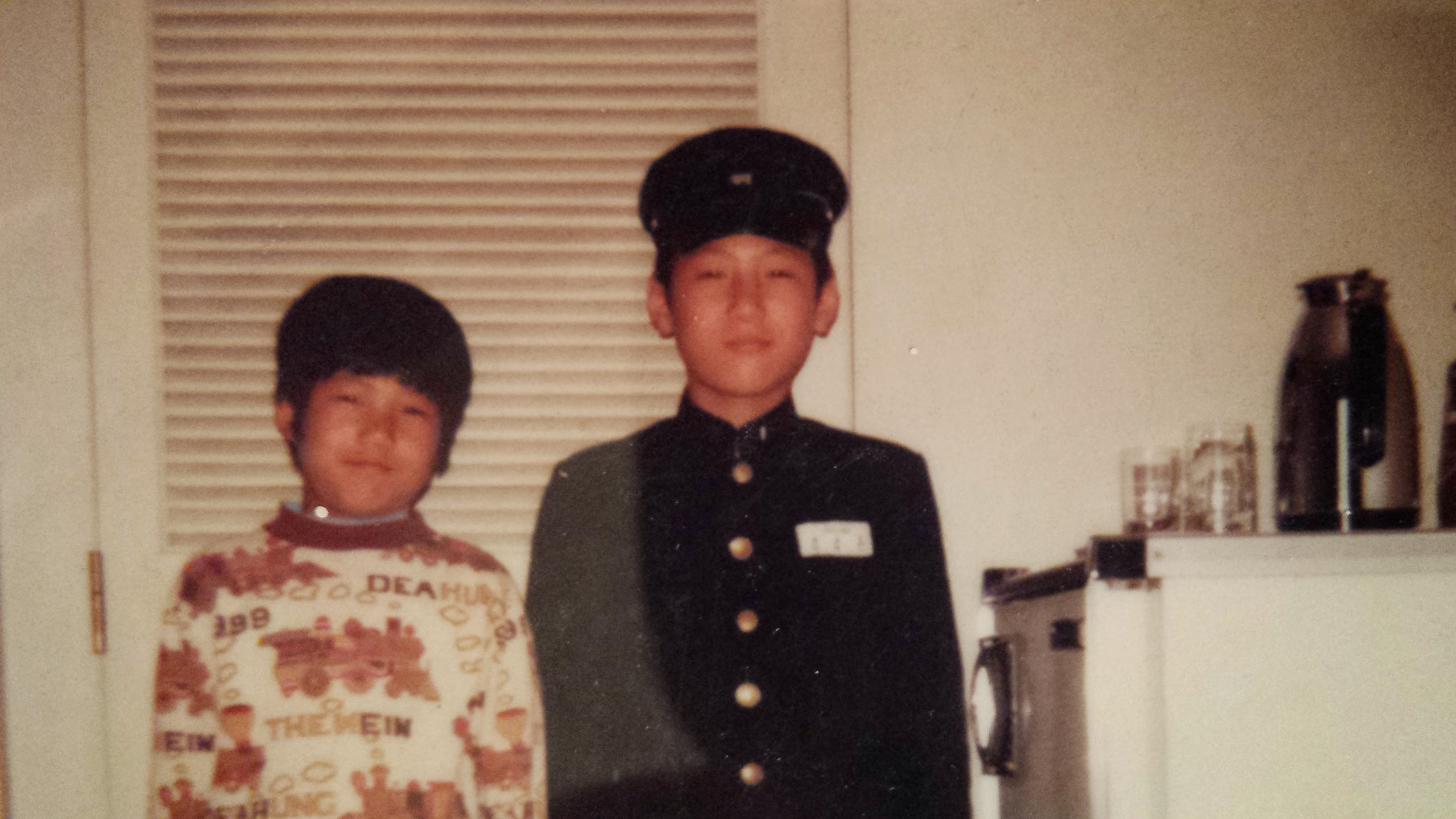
After serving in the Navy, Mark joined the Bergen County Prosecutor’s Office in 1995—despite having no prior police experience. He was assigned to the homicide unit, where his Korean language skills became crucial in cases involving the Korean community. More than a translator, he brought empathy and sharp investigative instincts. His reputation led him to join the FBI’s Organized Crime Unit, where he partnered with Dr. Theresa Parnelli, a psychologist. Their collaboration birthed a novel, GOT 586, based on real cases they investigated.
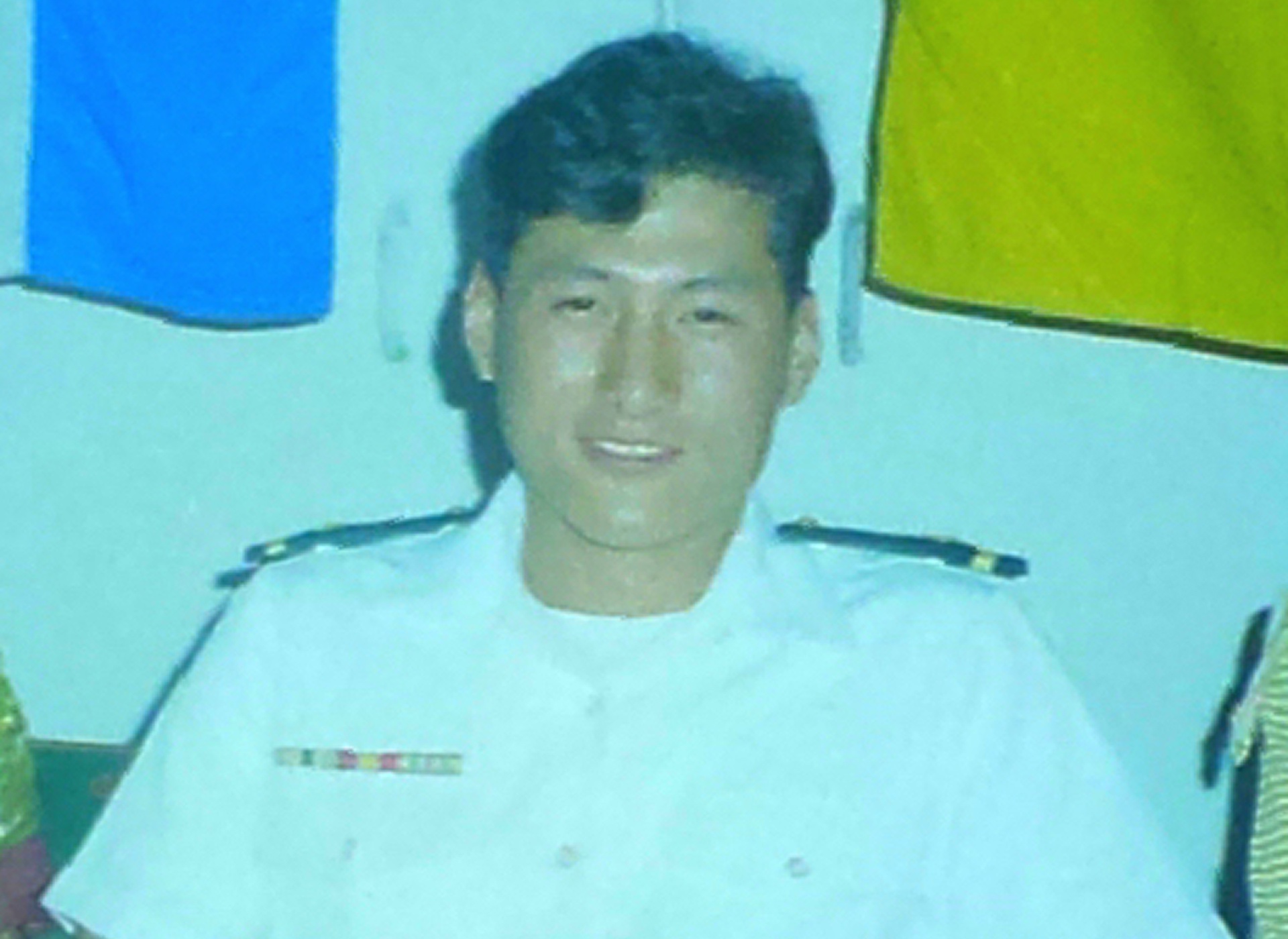
GOT 586 is a crime thriller set during the 2008 financial crisis, centered on identity theft and immigration fraud involving social security numbers beginning with “586” (assigned to workers from Saipan). The novel probes themes of loss, identity, and justice, inspired by the brutal killing of a family. Mark says, “This isn’t just a Korean story—it’s an immigrant story, a human story.” The book is being prepared for release in Korea and potential film adaptation.
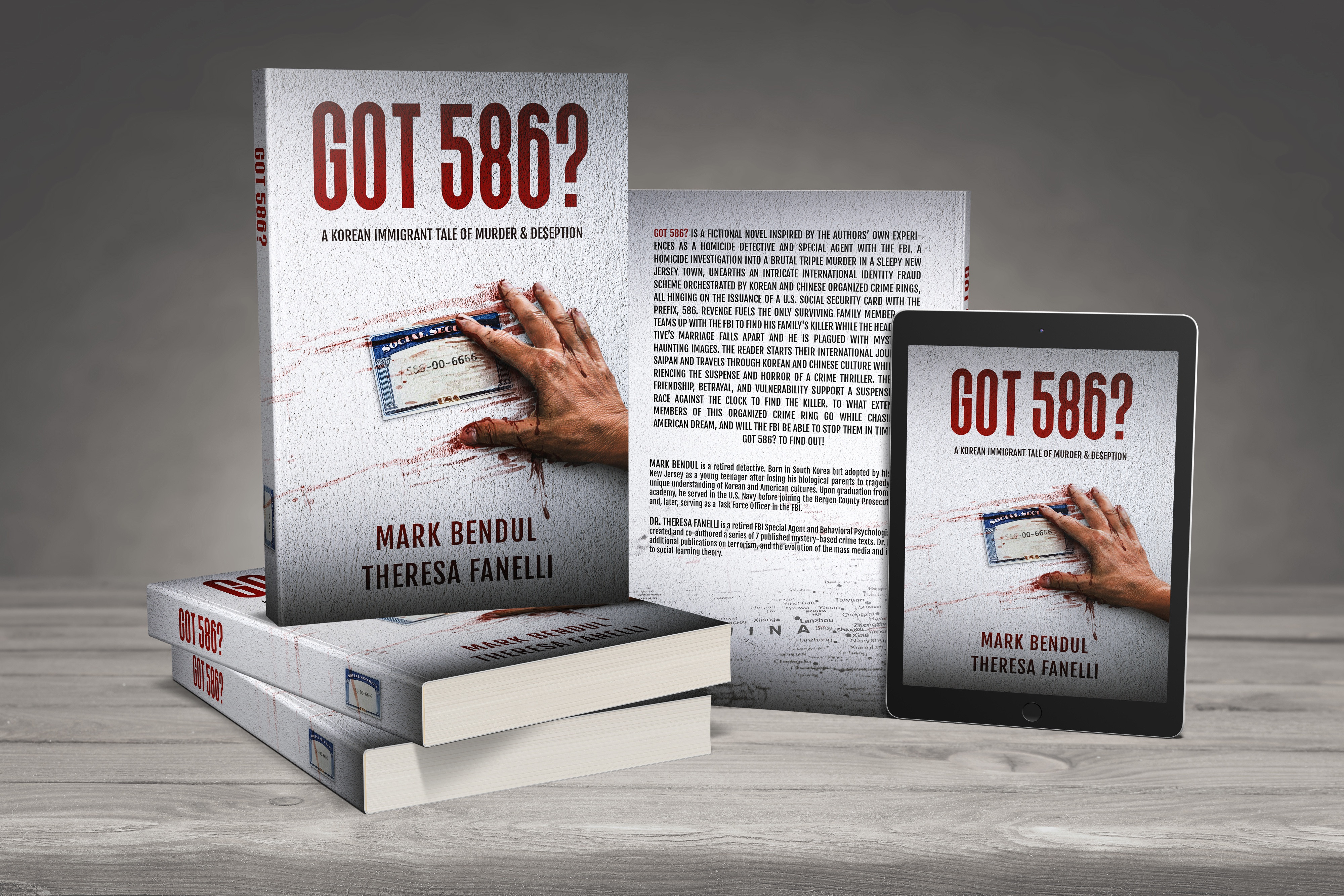
Today, Mark lives peacefully in Texas with his wife, a ceramic artist he met on a blind date. Though they have no children, they share a rich life of art, writing, travel, and golf. Mark maintains close ties with family through a group chat spanning New York, New Jersey, and Colorado. Reflecting on the Korean-American community’s progress, he expresses pride: “There used to be no Korean-speaking officers. Now, we see diversity across public services and growing political power among Korean voters. Representation really matters.”
He also reflects on his past: “I still don’t know the full truth about my father’s death. But I’ve learned to accept and release it—because staying stuck in the past makes it hard to see the future.” To younger Korean-Americans navigating dual identities, he offers: “Identity is not a problem to solve—it’s your unique story. Having two cultures is your strength.”
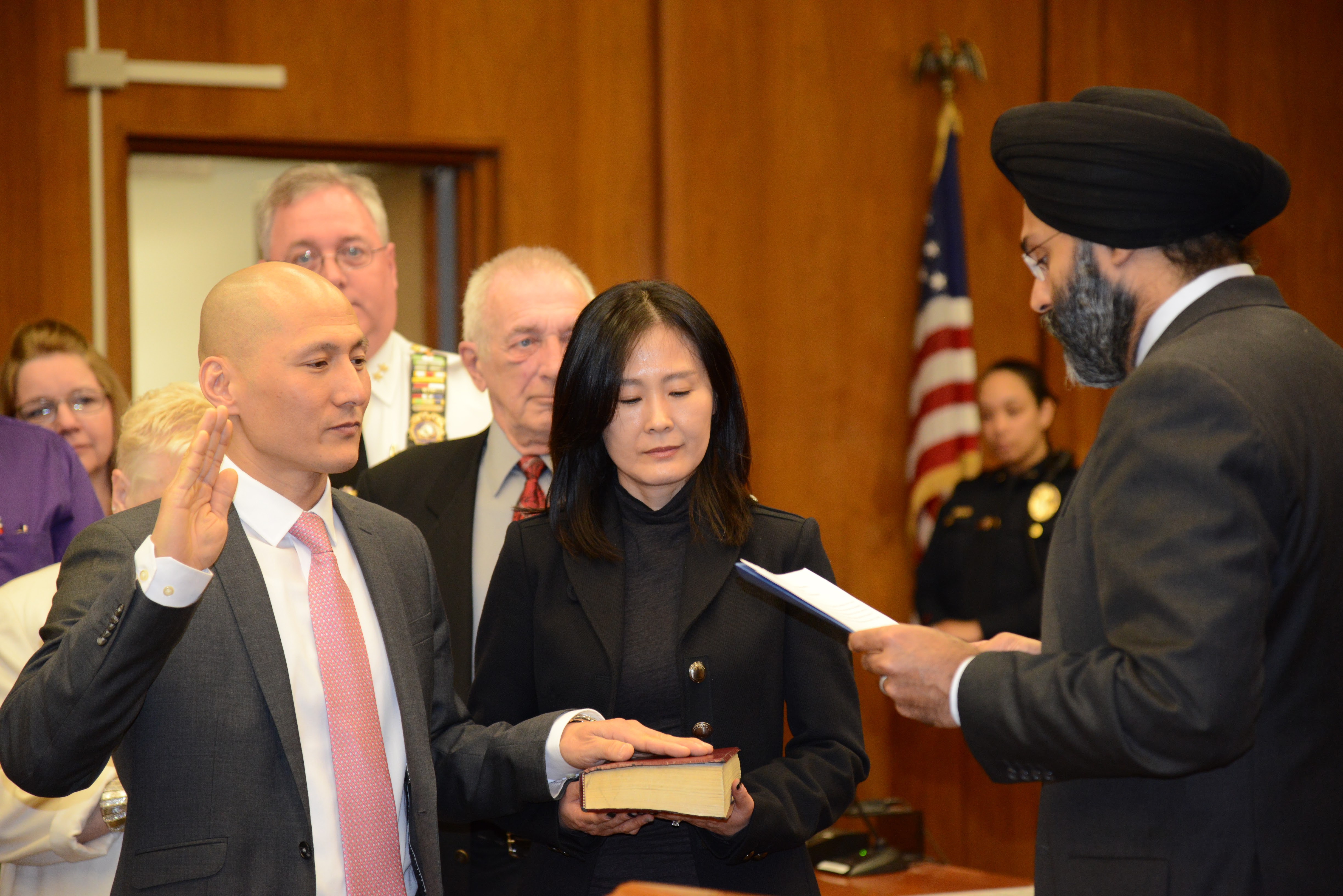
As our conversation concluded, he left this message: “Reach out. A stranger’s hand once changed my life. That small kindness can mean everything to someone.”
Mark Bendul’s story isn’t just one of triumph. It’s a narrative of scars turned into strength, of silence transformed into storytelling. His voice, immortalized in GOT 586, continues in this interview—offering not just insight into a remarkable man, but a call to all of us: that even the smallest act of belief, of extending a hand, can create an entirely new life.
